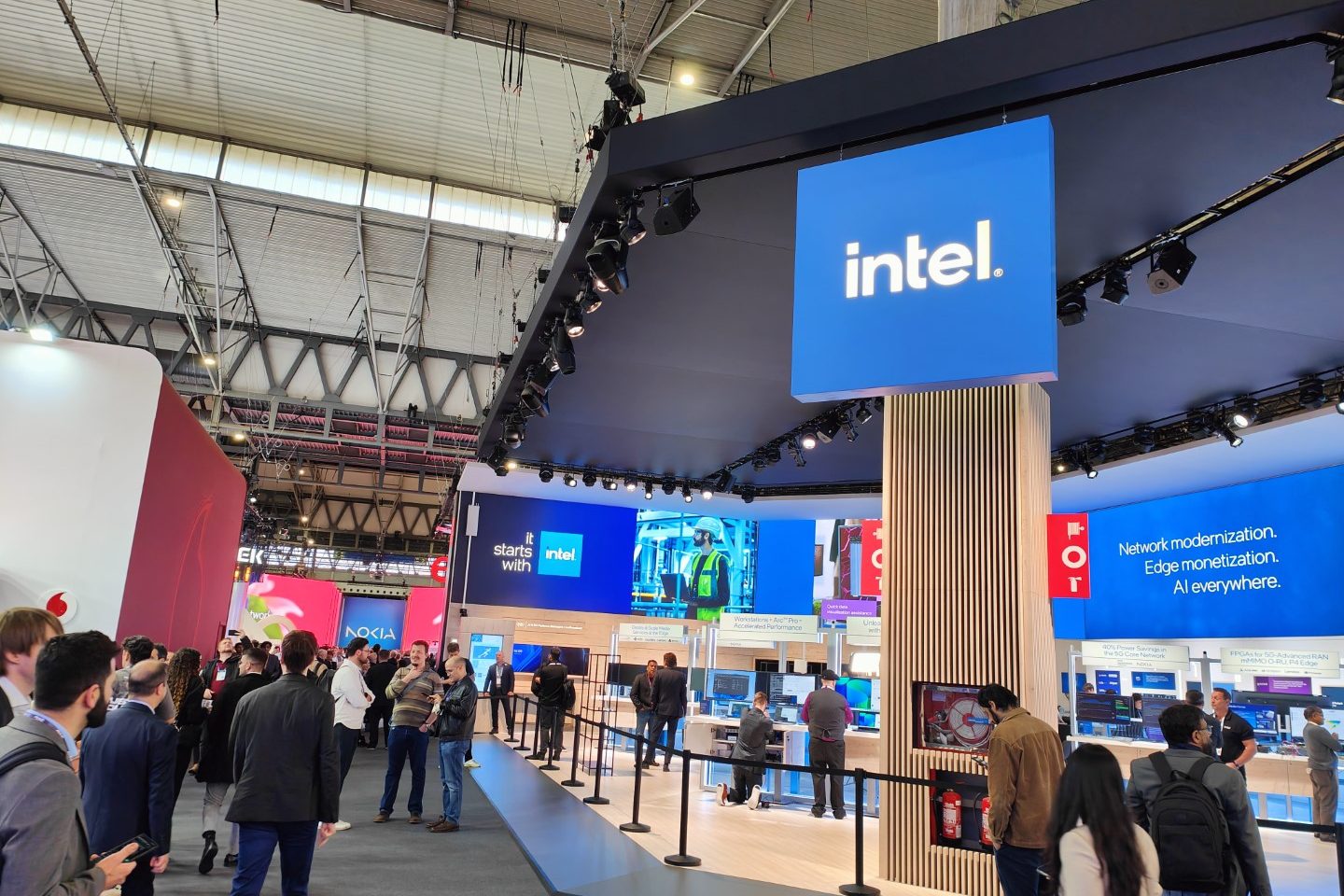The yield of the Intel 18A baking process for producing chips would currently not be high enough. This is the conclusion reached by Broadcom after testing wafers with its own chip designs.
The Intel 18A baking process may be in less good shape than Intel itself claims. According to Reuters, Broadcom is not impressed. Broadcom is a potential customer of Intel’s Foundry division and wants to bake its own chips on the most advanced Intel 18A node.
Yield problems
However, after internal testing of wafers with these chip designs, Broadcom is said to have determined that the yield (Yield) is currently not high enough to make the manufacturing process profitable. Yield refers to the number of microchips on a wafer that are intact and functioning properly after the extremely complex manufacturing process, which takes months.
Specifically, Broadcom notes that if it ordered wafers at the price Intel was asking for, it would not receive enough functional chips to replace them.
Intel is currently testing the 18A node with customers, with a view to mass production starting in 2025. The node is very important for the company, which wants to compete with TSMC, among others, with its Intel Foundry division. CEO Pat Gelsinger expects a lot from Intel’s production of third-party chips.
Important for Intel Foundry
Historically, Intel used its factories and knowledge almost exclusively to manufacture its own microchips. Gelsinger wanted to change that in 2021, with an eye on more revenue. But Gelsinger was tasked with saving the furniture at a time when Intel had lost its technological leadership. The manufacturer’s fab offering is less attractive than it was a decade ago.
With Intel 18A (2 nm), Intel wants to catch up with its major manufacturing competitor TSMC. If that works and customers are happy, the company will be doing well. However, if the problems identified for Broadcom are representative of the Intel 18A process, this could have serious consequences for the young foundry division.
Unclear future
In addition, Intel has only seen its problems increase since 2021. Gelsinger has already had to lay off 15,000 employees and wants to restructure the company. Less investment in factories is one option that could have a negative impact on the planned factory in Germany. Even a complete spin-off of the Intel Foundry division could be discussed.














